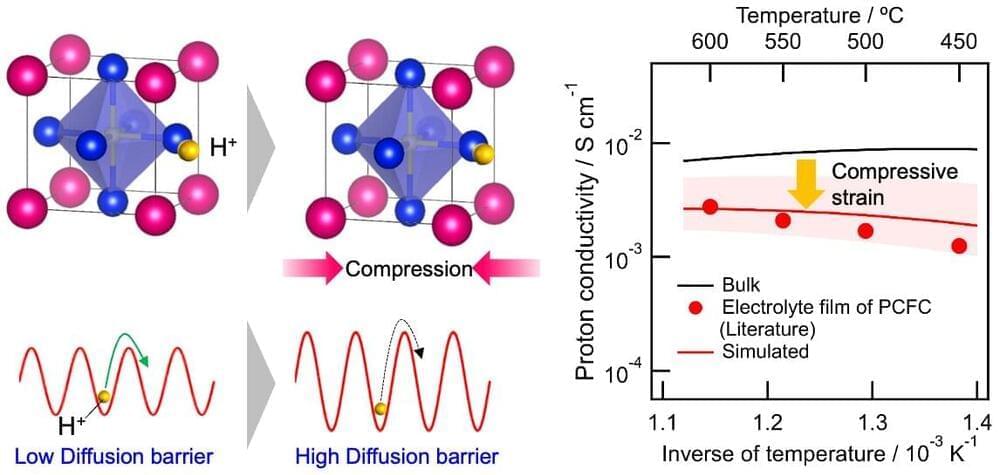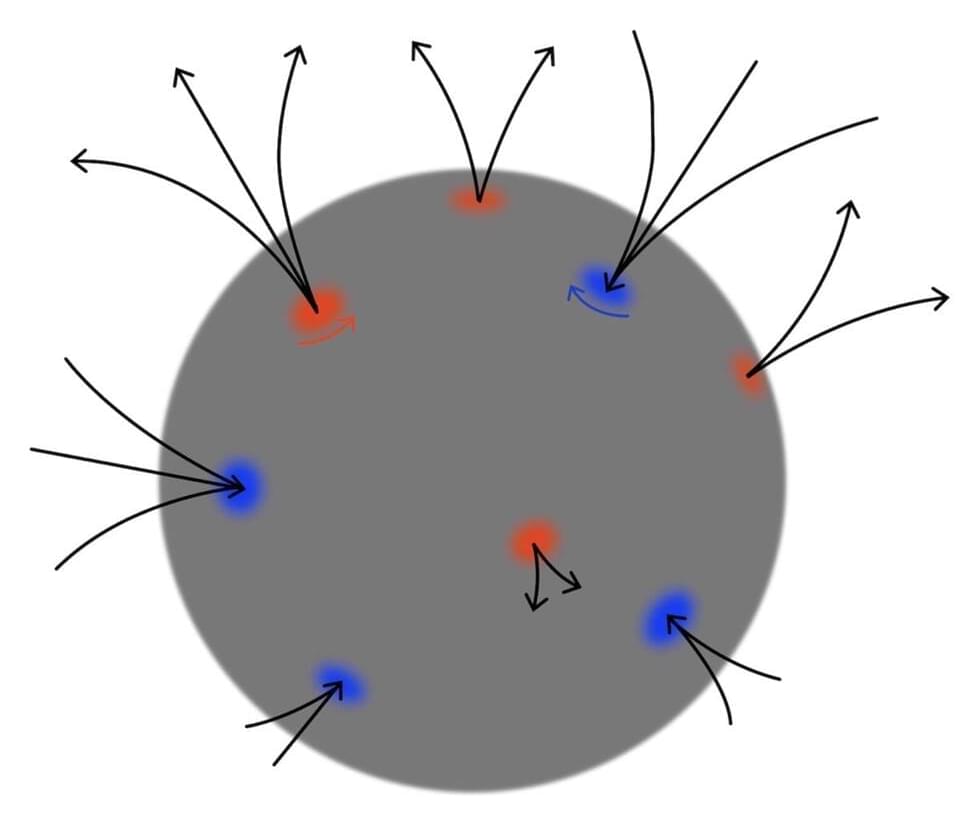In this interview we dive into Dr. @Bart D. Ehrman professional thoughts about various interesting ideas. This is a must watch interview.
Sign up for Dr. Bart D. Ehrman’s Christmas Webinar here.
https://www.mythvisionpodcast.com/christmas.
Sign up for Dr. Bart D. Ehrman’s Did Jesus call himself God webinar: https://www.mythvisionpodcast.com/bart.
MythVision Website: 🔥 https://mythvisionpodcast.com/
MythVision Patreon 👉 https://www.patreon.com/mythvision.
MythVision Paypal. 👉 https://www.paypal.me/dereklambert7
Cashapp: 👉 $rewiredaddiction.
Venmo: 👉 @Derek-Lambert-9
Recommeded books 👉 https://amzn.to/35FqNYf.
Email MythVision 👉 [email protected].
Facebook page: 👉 https://www.facebook.com/MythVision/
Facebook group: 👉 https://www.facebook.com/groups/TheWaterBoyZRadio/
Twitter: 👉 https://twitter.com/DerekPodcast.
Instagram: 👉 https://www.instagram.com/dereklambert_7/
MythVision Discord: https://discord.gg/dRQXdZBq6E
#Jesus #BartEhrman #MythVision








